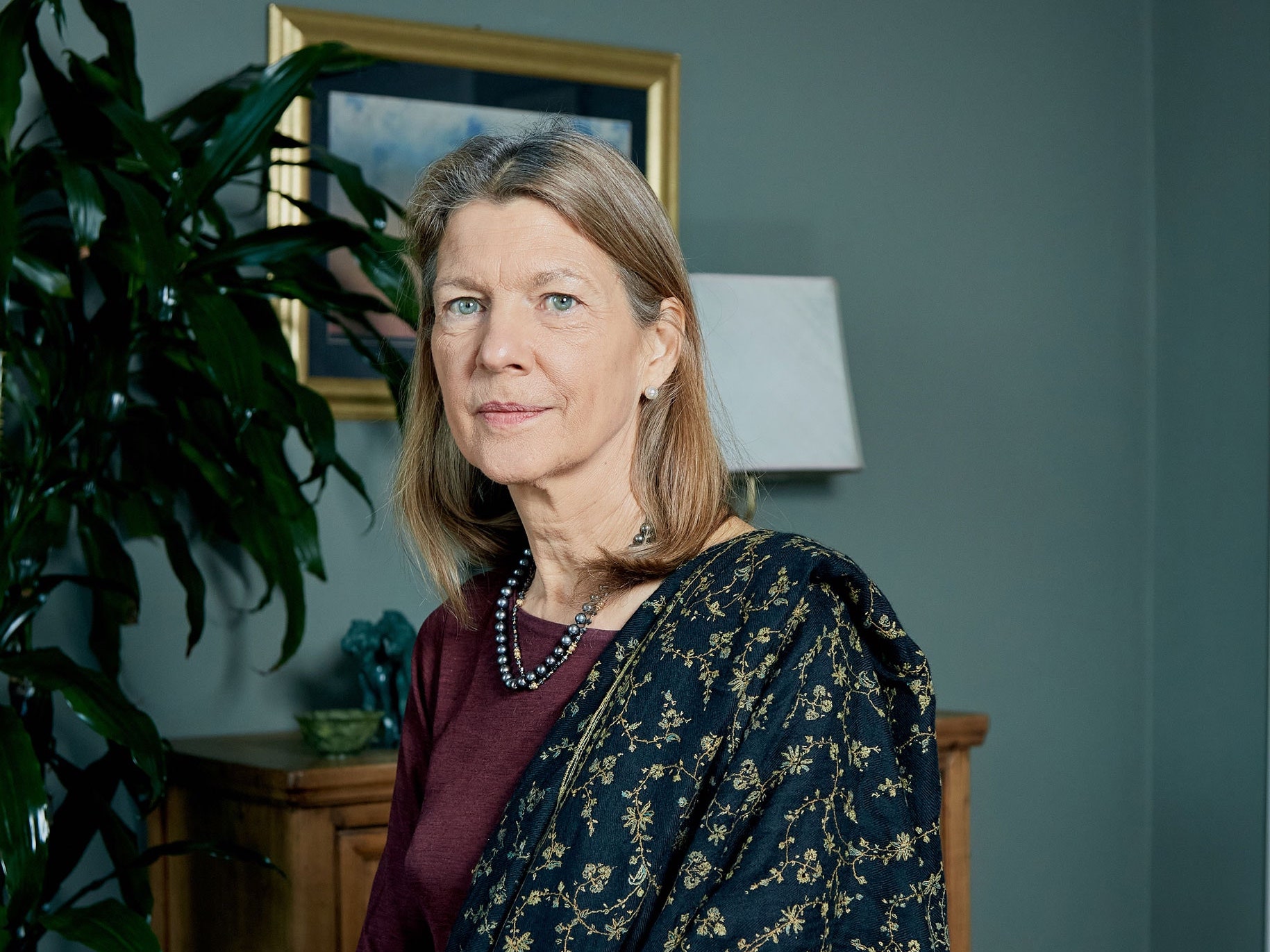
Heidi Larson studies vaccine rumors—how they start, and why some flourish and others wither. Tackling misperceptions individually is like eliminating a single microbial strain: when one germ is gone, another will bloom. Instead, the entire ecosystem must be rehabilitated.
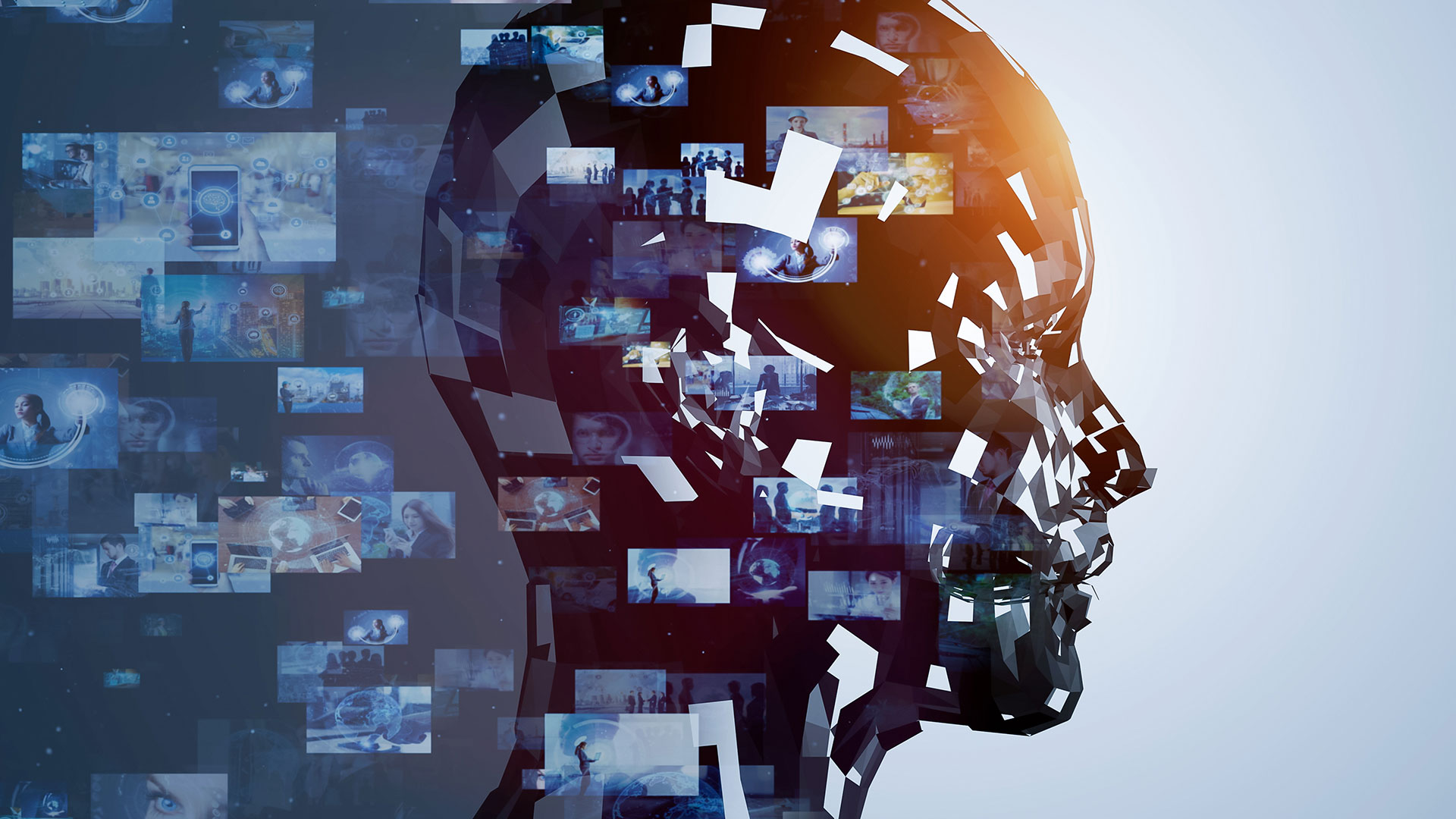
Rather than trying to fix the biases of AI systems and their human error, we need to find ways to coexist with it. Anthropology can help us a lot here.
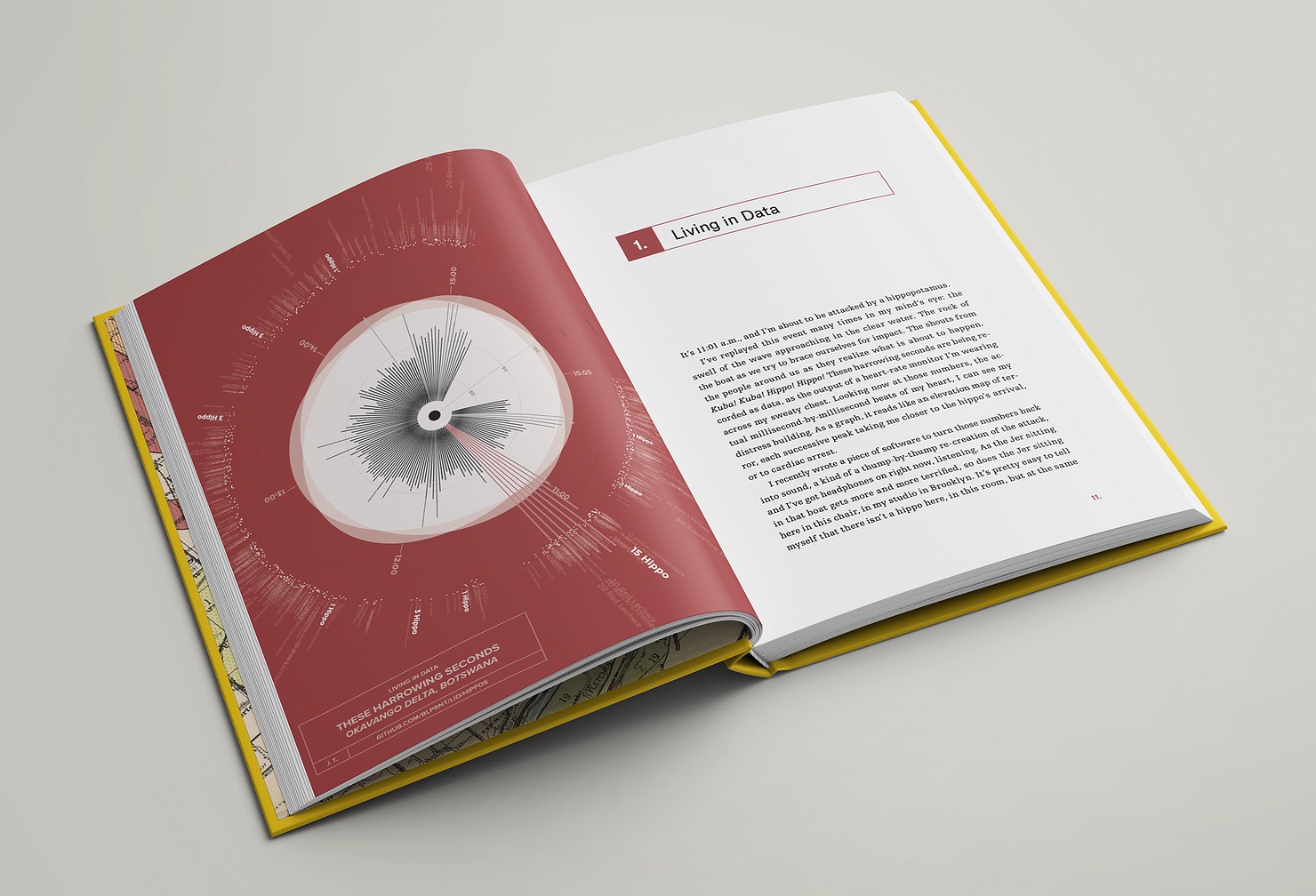
In this provocative book, Jer Thorp brings his work as a data artist to bear on an exploration of our current and future relationship with data, transcending facts and figures to find new, more visceral ways to engage with data.
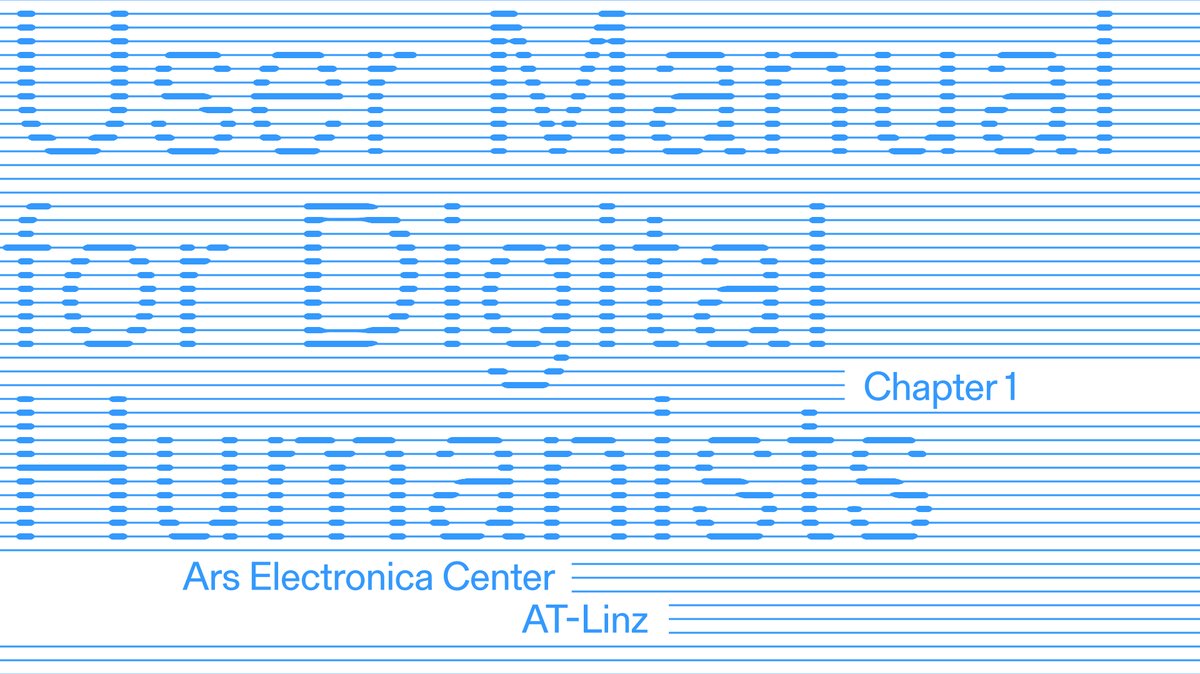
What does it mean on a practical level to become a digital humanist? 'User Manual for Digital Humanists' is a new Ars Electronica video series that focuses on re-evaluating our relationship to the technologies we’ve created and how we use them

When customers form an emotional attachment or self-identify with a product, that sense of “mine” enhances its luster and keeps them coming back for more. As shoppers shift away from owning material things, how can marketers preserve these benefits?
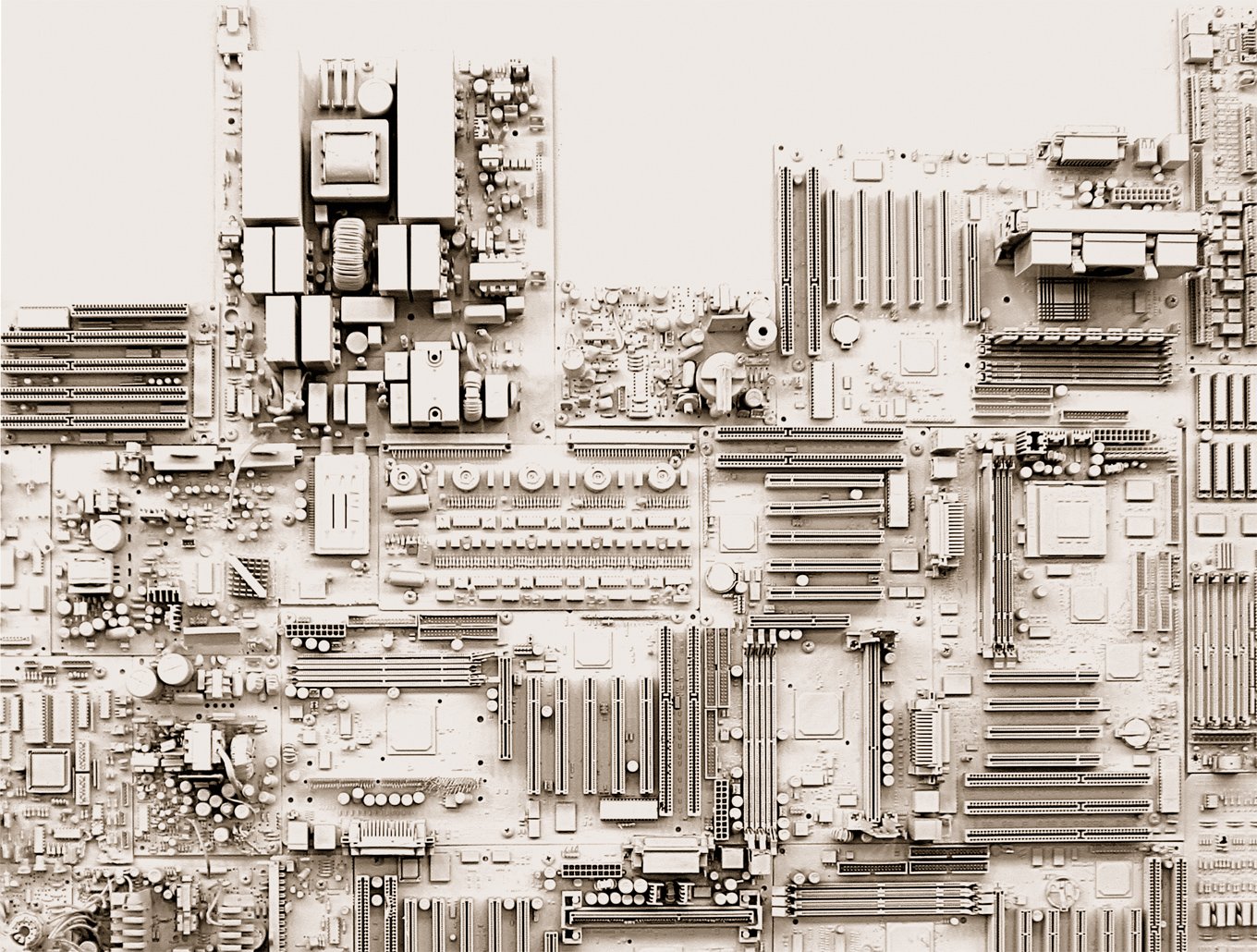
A bold reassessment of "smart cities" that reveals what is lost when we conceive of our urban spaces as computers

The COVID-19 pandemic is changing how we work, travel, communicate, shop and more, but which new habits are likely to stick permanently? The authors explore five key behavioural changes and their implications for risk and protection.
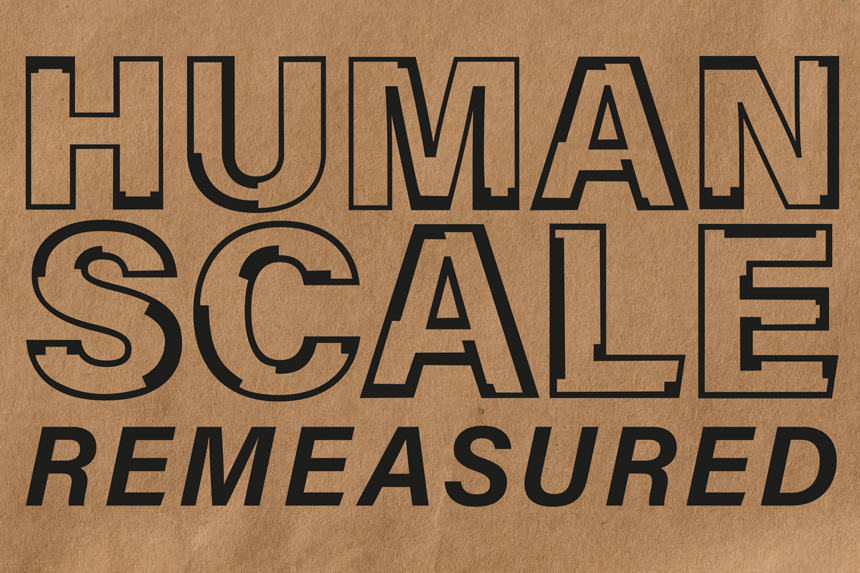
The exhibition, curated by ANCB The Aedes Metropolitan Laboratory, presents exemplary built projects and outstanding conceptual models by architects and planners from all over the world

This special issue collects six articles tackling artificial intelligence (AI) from a social science perspective.

Innovation can only occur in the right environment. While organizations can attempt to hire for innovation, there is little that can blossom in a restrictive and discouraging physical setting - even if the space holds the most creative and vibrant thinkers.
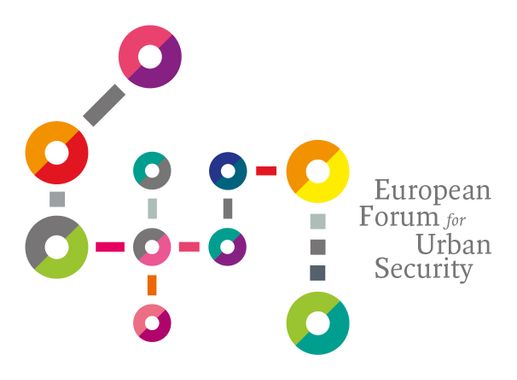
On 24 November Elena Guidorzi, research unit coordinator of Experientia, will speak at the EFUS web conference entitled "Reducing and preventing the feeling of insecurity at night", highlighting her experience coordinating the ToNite project.
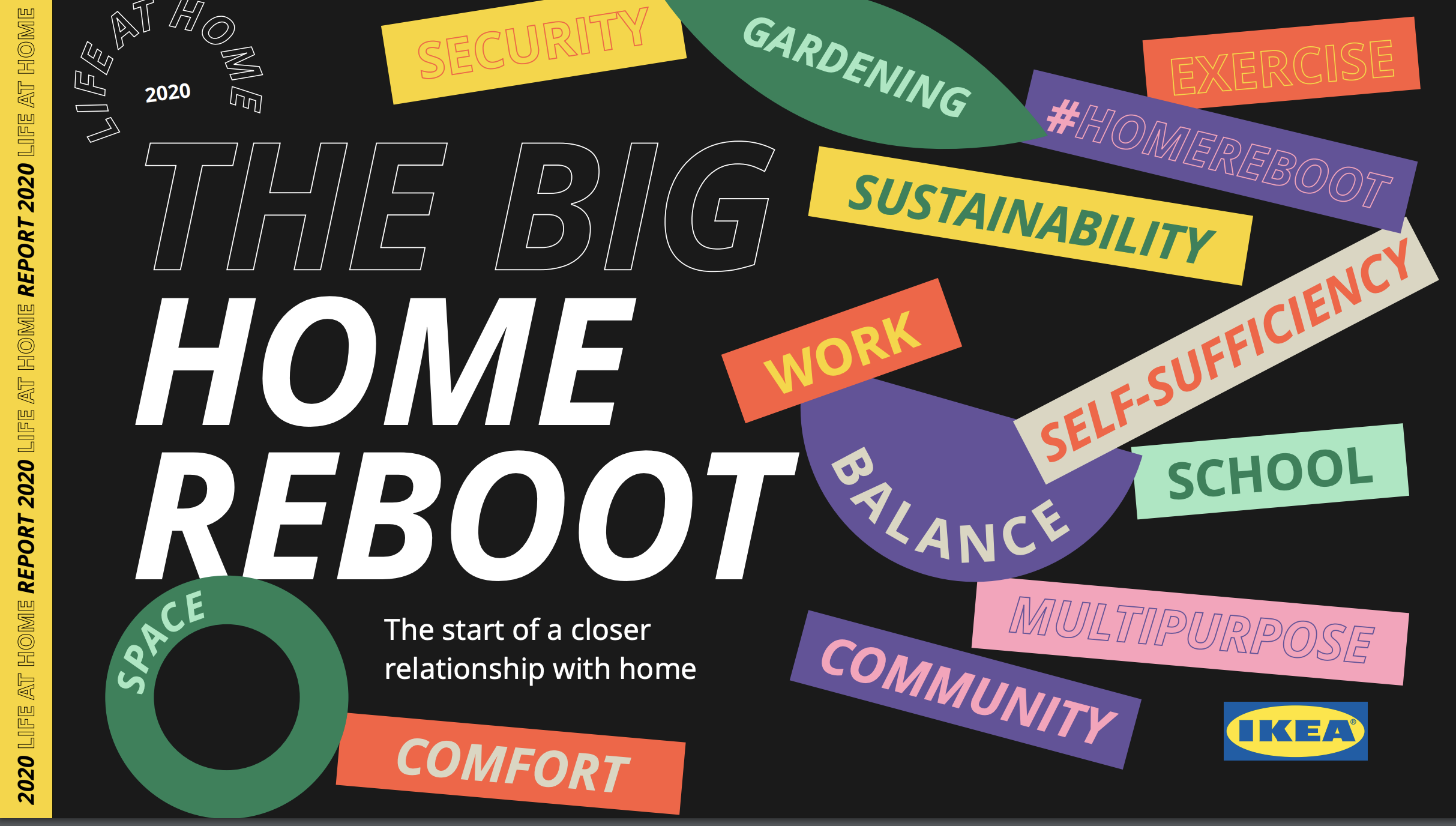
IKEA just launched its seventh Life at Home Report, exploring how people have grown closer to their homes in this extraordinary year

Fast Company spoke with tech pioneer Jaron Lanier, Microsoft CVP Emma Williams and Stanford professor Jeremy Bailenson.
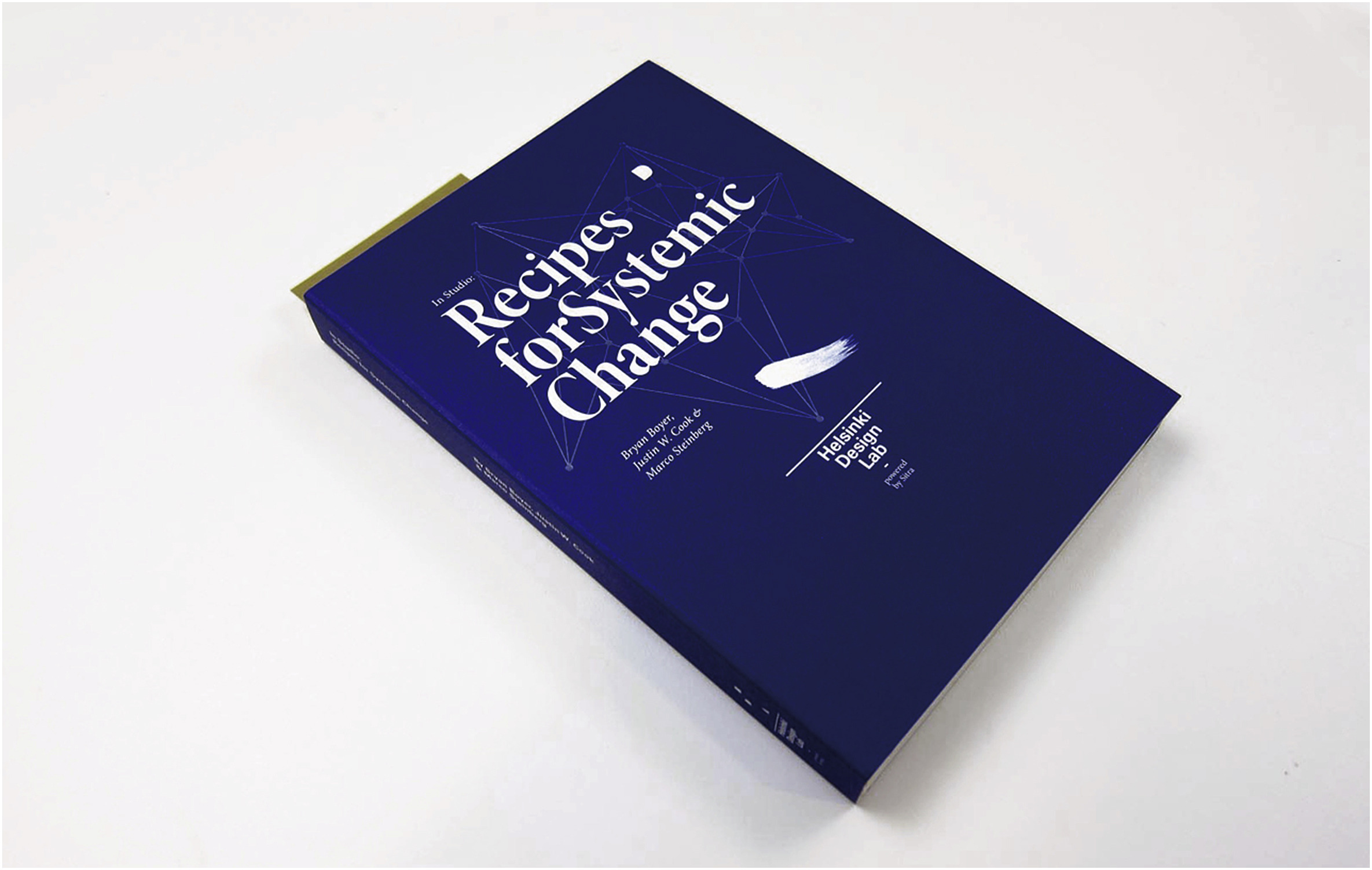
A survey of Helsinki Design Lab's activities 2008-2013, with reflections on the three "bets" that the Lab made and their relevance today.
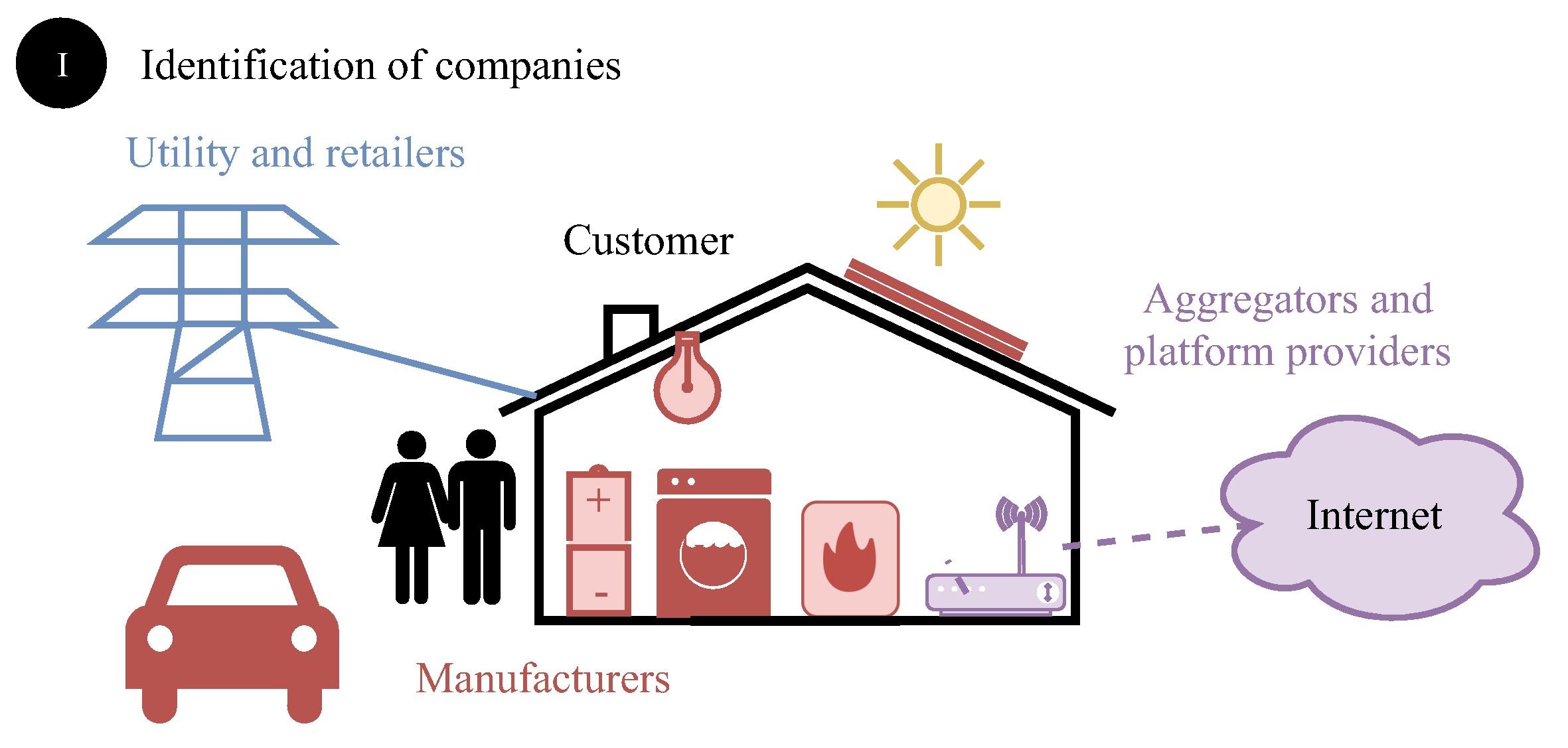
Designing energy services with a human-centered approach will allow us to rely on consumers not only as executors of changes in energy consumption, but also as providers of data.
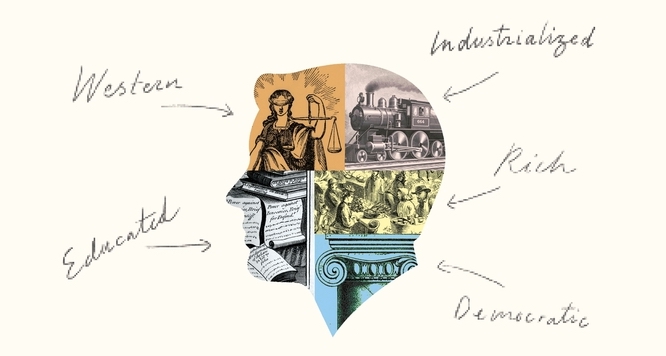
Provocative and engaging in both its broad scope and its surprising details, The WEIRDest People in the World explores how culture, institutions, and psychology shape one another, and explains what this means for both our most personal sense of who we are as individuals and also the large-scale social, political, and economic forces that drive human history.

Drawing on the ideas of the "slow movement", Slow Computing sets out numerous practical and political means to take back control and counter the more pernicious effects of living digital lives.
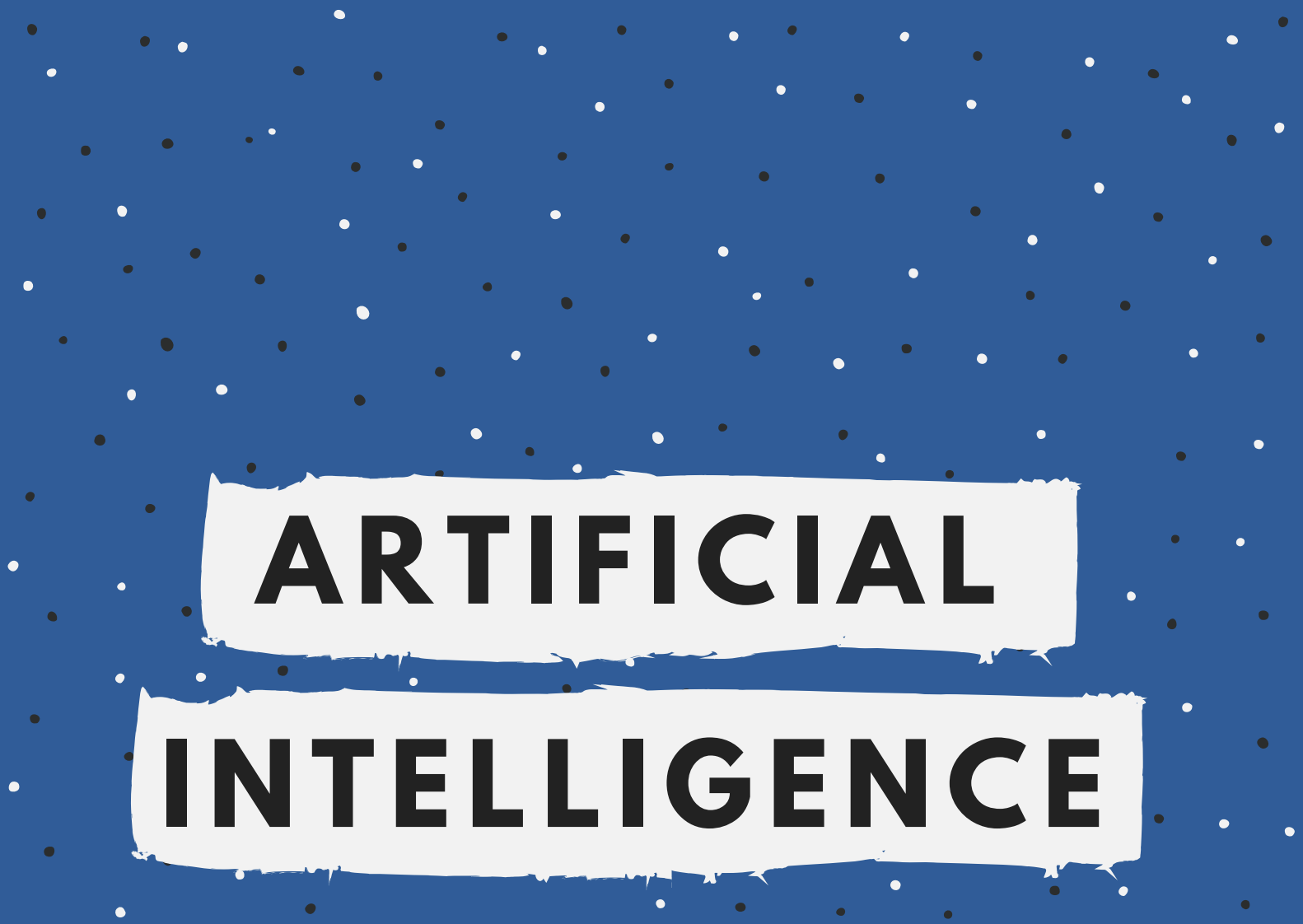
Artificial Intelligence is permeating a wide range of areas and it is bound to transform work and society. This dossier asks what needs to be done politically in order to shape this transformation for the sake of the common good.

The social sciences don't produce much in the way of patentable widgets or, indeed, life-saving vaccines. However, the analysis and insights they generate can and do underpin better-evidenced decisions and help guide and target insights from the "natural" sciences.
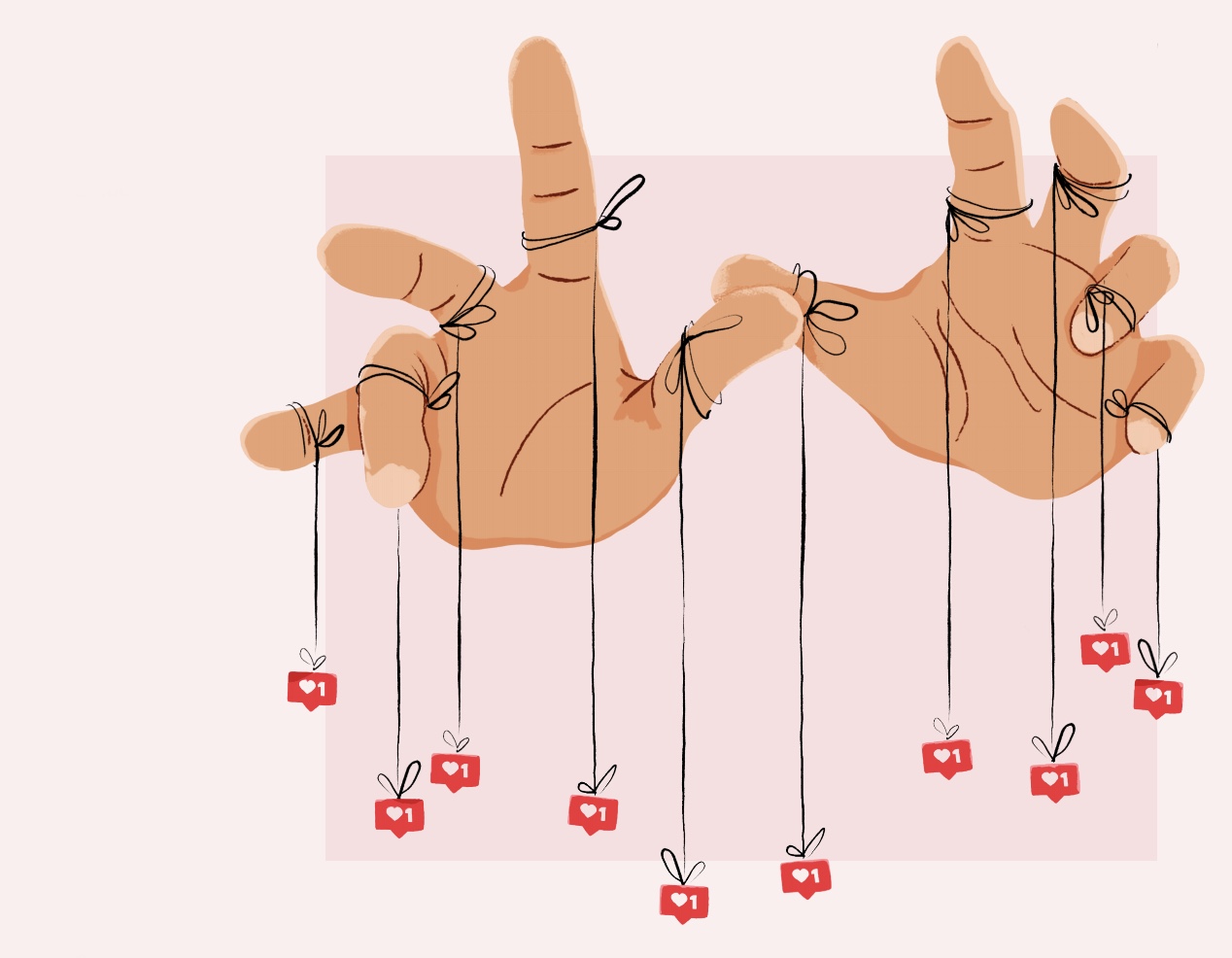
Research has gradually revealed the extent to which online manipulation has been weaponised to affect societies in almost every important way that society works.
Yet while almost everyone is touched in one way or another by online manipulation, only a tiny part of society has generally been involved in confronting it.




















